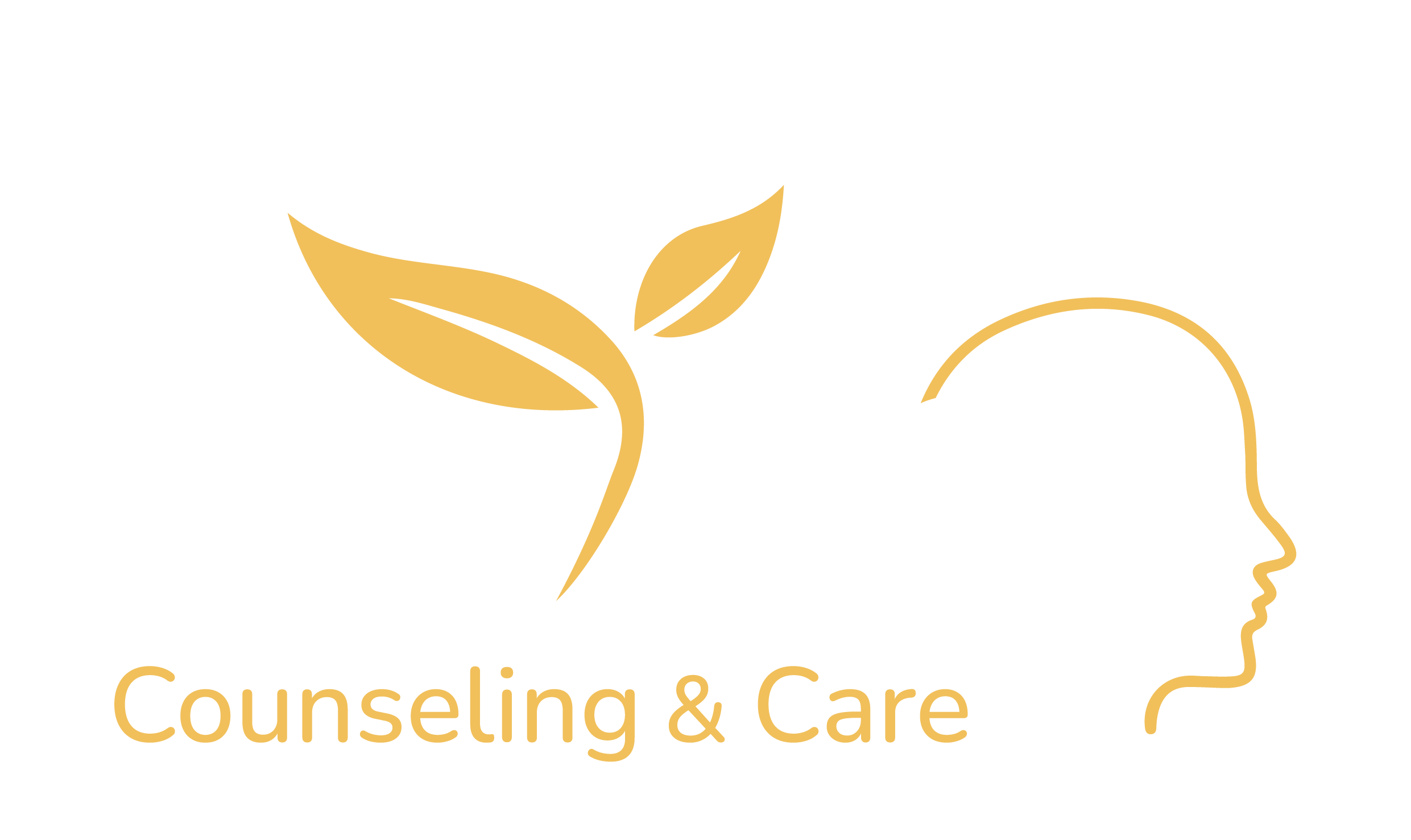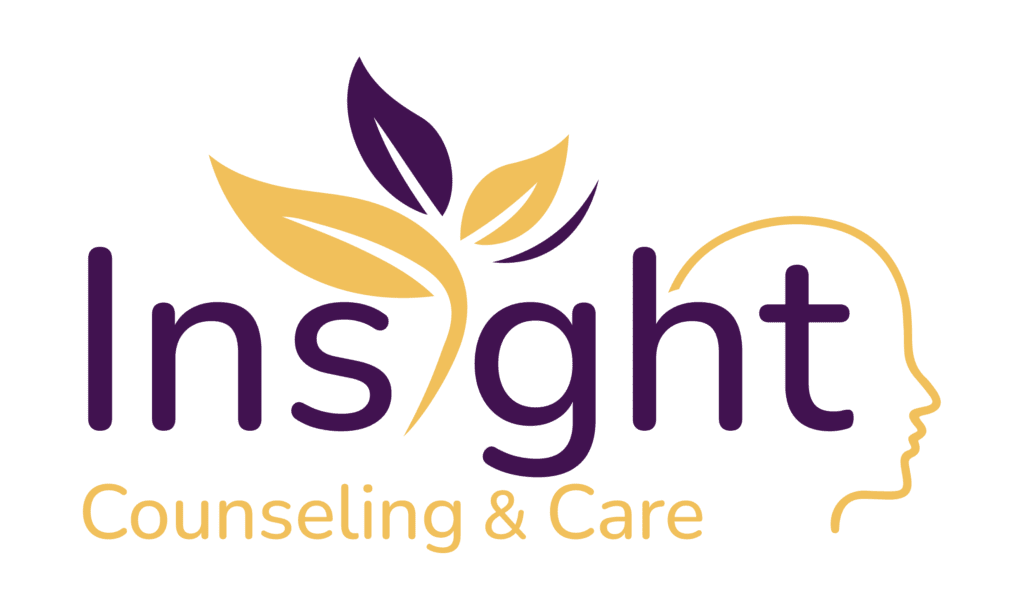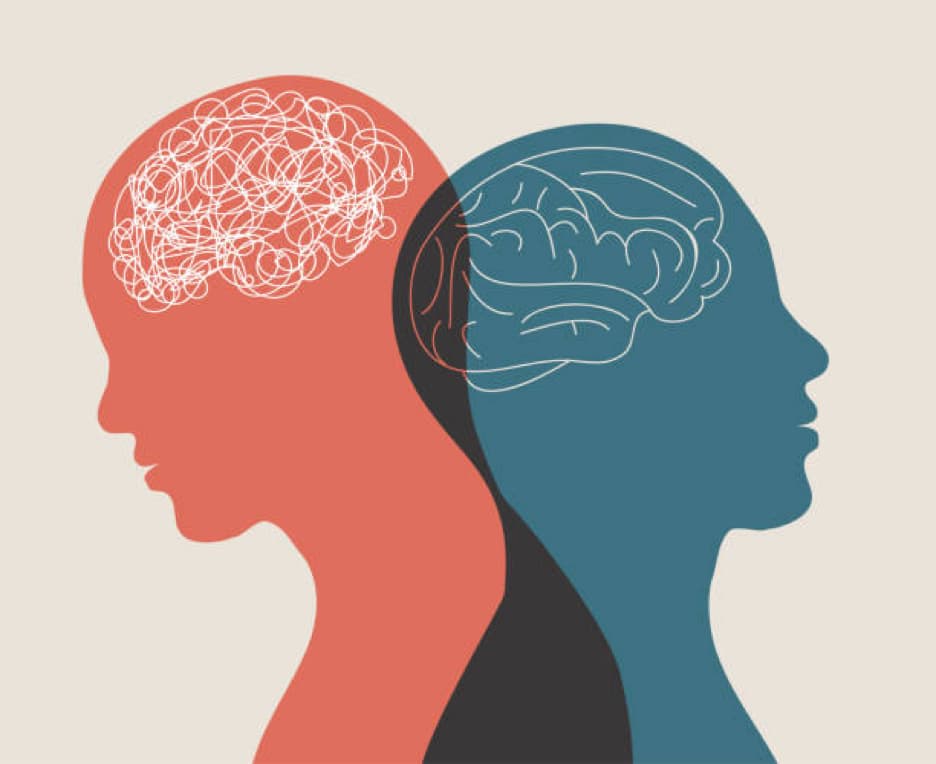Are you seeking to restore a relationship, cope with trauma? Are you trying to improve your mental health? Or maybe you just need to talk to some? After identifying the reason(s) to see a therapist, here are some tips for finding the right therapist for you:
1. Think about your goals.
What do you want to accomplish? Take time to reflect on what you need from therapy, whether it’s managing stress, coping with grief, or dealing with a specific mental health condition. Understanding your goals will help you find a therapist who specializes in your area of concern.
2. Assess your financial resources.
Therapy can be costly, so be sure to check whether your insurance plan offers help with mental health services. If not, you may want to consider paying out-of-pocket, you may be eligible to utilize low-cost therapy though a non-profit organization. Another option is exploring if your workplace offers an EAP (Employee Assistance Program), which offers confidential counseling.
3. Ask someone you trust or explore local resources?
A referral from a friend, colleague, or a medical professional that you trust is a way to find a therapist who might be a good fit! If you’re part of a specific community, some resources may be available.
4. Use a reliable online resource.
Psychologytoday.com, Headway.co, and Locator.apa.org are a few useful sites that can help you learn about the therapists in your area.
5. Schedule a consultation then assess if they’re a fit for you.
Some therapists offer brief consultations for free, typically about 15 minutes. Ask questions about the things that matter to you. Pay attention to red flags, do you feel comfortable telling them anything? Is your therapist completely present with you throughout your session? Give it 3-5 sessions to see if the fit is right for you!
By Rebecca Pierre, Office Administrator at ICC







